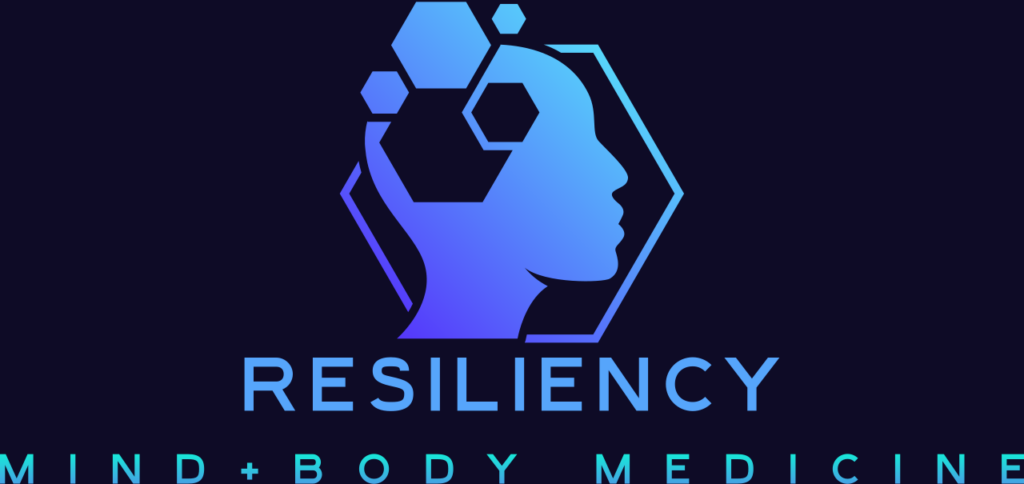Welcome to a journey into the realm of integrative psychiatry—a groundbreaking approach that blends traditional psychiatric practices with complementary therapies to foster holistic healing and resilience. In this blog, we will explore the unique elements of integrative psychiatry, typical treatment plans, and how they promote mental well-being at its core.
What is Integrative Psychiatry?
Mental health as we know it is actually a complex tapestry woven from various threads: genetics, environment, lifestyle, and experiences. Integrative psychiatry acknowledges this intricate web and aims to address each aspect to achieve optimal mental wellness. It recognizes that mental health is not solely determined by brain chemistry but is deeply intertwined with our physical health, nutrition, and lifestyle choices.
At its core, integrative psychiatry focuses on personalized treatment plans tailored to each individual’s unique needs. This means moving beyond the one-size-fits-all approach and delving into the depths of an individual’s history, biology, and circumstances to craft a comprehensive plan for healing and resilience.
Integrative Treatment Plans
Let’s delve into the typical components of an integrative psychiatry treatment plan:
-
Medicine: Traditional psychiatric medications play a crucial role in managing symptoms and stabilizing mood. However, integrative psychiatrists approach medication management with a cautious and individualized mindset, aiming to find the right balance of effectiveness and minimizing side effects.
-
Nutrition: The old adage “you are what you eat” holds true in the realm of mental health. Nutrition plays a pivotal role in brain function and mood regulation. Integrative psychiatry emphasizes the importance of a balanced diet rich in nutrients essential for optimal brain health, such as omega-3 fatty acids, vitamins, and minerals.
-
Lifestyle Changes: Our daily habits can significantly impact our mental well-being. Integrative psychiatry encourages lifestyle modifications such as regular exercise, adequate sleep, stress management techniques, and fostering healthy relationships. These changes can have profound effects on mood, cognition, and overall quality of life.
-
Supplements: In addition to traditional medications, integrative psychiatrists may recommend certain supplements to support mental health. These supplements can include vitamin D, magnesium, B vitamins, and herbal remedies with evidence-backed benefits for mood and cognition. Our esteemed psychiatrist Dr. Stefani LaFrenierre has taken this one step further and created a line of holistic, integrative mental health supplements to support various conditions including ADHD, depression, anxiety, insomnia, autism, to name a few.
-
Blood Tests: Integrative psychiatry embraces the concept of personalized medicine, and blood tests play a crucial role in this approach. By analyzing biomarkers and genetic predispositions, psychiatrists can gain valuable insights into an individual’s unique biochemical profile. These tests can guide treatment decisions and help identify underlying imbalances contributing to mental health symptoms.
Hypothetical Patient Approach
Now, you might be wondering how these diverse components come together to form a cohesive treatment plan. Let’s walk through a hypothetical scenario to illustrate the integrative psychiatry approach:
Meet Sarah, a 35-year-old woman struggling with persistent anxiety and low mood. Upon her initial consultation with an integrative psychiatrist, Sarah undergoes a comprehensive evaluation, including a detailed medical history, lifestyle assessment, and blood work.
Based on the findings, Sarah’s treatment plan is tailored to address her specific needs:
- Medication: Sarah and her psychiatrist decide on a low-dose antidepressant to alleviate her symptoms while minimizing side effects.
- Nutrition: Sarah receives guidance on adopting a Mediterranean-style diet rich in fruits, vegetables, whole grains, and lean proteins. She is also advised to incorporate omega-3 fatty acids through sources like fish or supplements.
- Lifestyle Changes: Sarah commits to a regular exercise routine, mindfulness meditation, and setting boundaries to manage stress effectively.
- Supplements: After reviewing her blood work, Sarah’s psychiatrist notices core vitamin deficiencies known to contribute to depression. Her doctor provides our all-in-one Mood Boost Pro supplement designed specifically to decrease inflammation and improve mood with key vitamins and minerals like Vitamin D, Magnesium, Saffron, and Turmeric to name a few.
Throughout her treatment journey, Sarah’s progress is closely monitored, and adjustments are made as needed to optimize her well-being.
In essence, integrative psychiatry embodies a paradigm shift in mental health care—a shift from symptom management to whole-person healing. By embracing the interconnectedness of mind, body, and spirit, integrative psychiatry offers a beacon of hope for those navigating the complex terrain of mental illness.
In conclusion, integrative psychiatry represents a beacon of hope for individuals seeking a holistic approach to mental health. By integrating conventional treatments with complementary therapies such as nutrition, lifestyle changes, supplements, and targeted blood tests, integrative psychiatry offers a personalized path to healing and resilience. Let us embark on this journey together, embracing the profound connection between mind, body, and spirit on the road to mental well-being.
Contact Us Today to Schedule an appointment.
Learn More about our Physician Developed Supplements for Mental Health Here.
SHOP our physician developed, evidenced-based supplements designed specifically with core vitamins, minerals, and adaptogens to enhance mental health and well-being.



